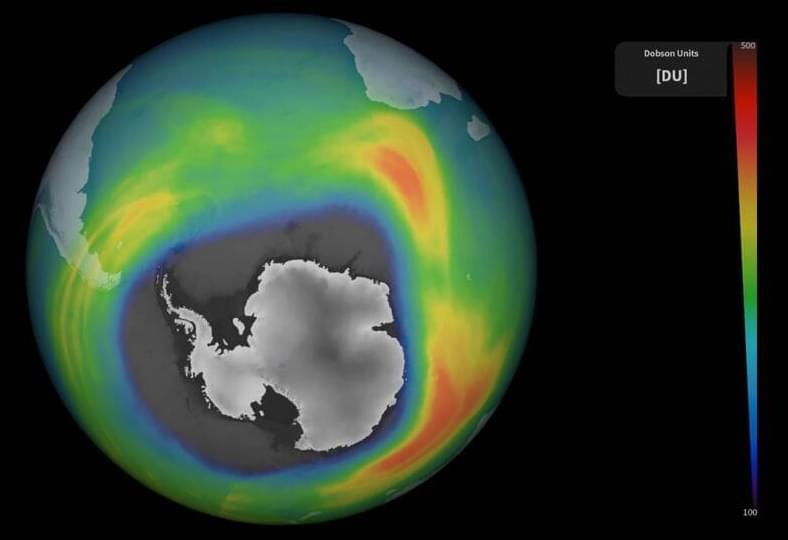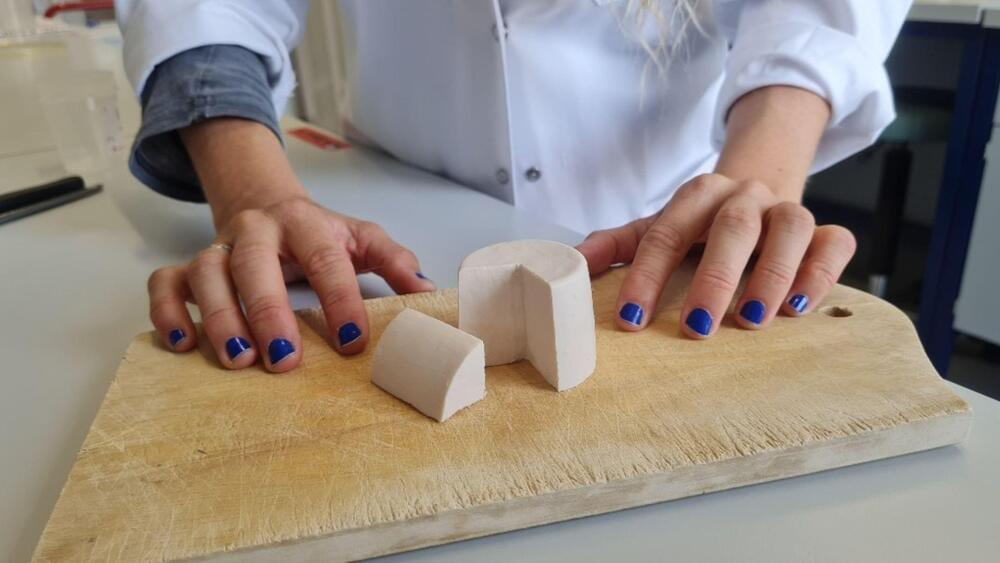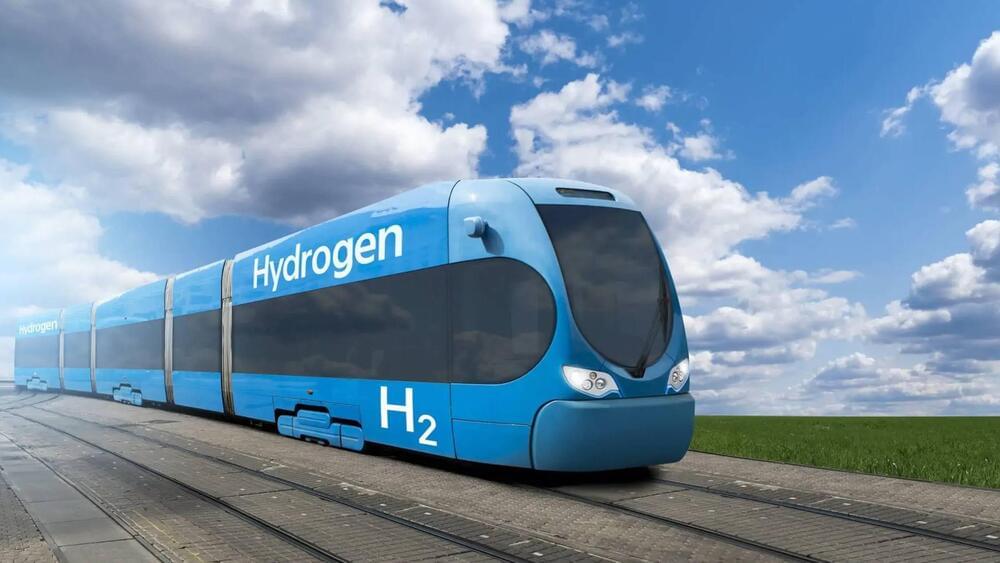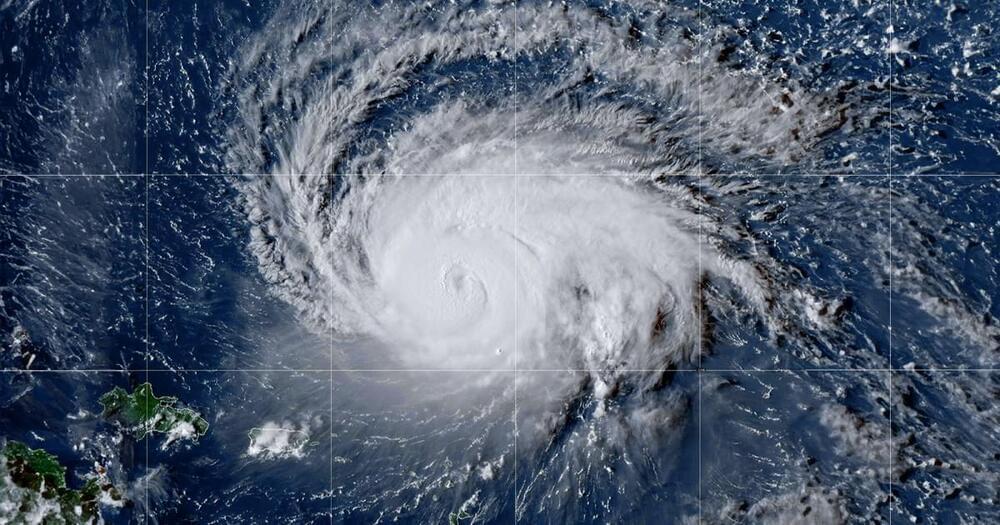Although climate change and global warming affect countries all over the world, Iraq has been hit especially hard. Temperatures are rising twice as fast and annual rainfall is decreasing, leaving the country struggling with many severe droughts. However, the lower water levels of the Euphrates River during these droughts allowed the secrets of a forgotten civilization to emerge. Join us as we embark on an extraordinary journey to discover the ancient ruins found under the Euphrates River!
In 2018, a terrible drought in Iraq left the water levels of the Euphrates and Tigris Rivers dangerously low. In an effort to help the country, the Mosul Dam Reservoir in the Kurdistan region was drained, providing much-needed water to dying crops. But, as the reservoir’s water receded, the ruins of an ancient city suddenly emerged!
Racing against time, archaeologists diligently worked to explore and map out the newly-exposed ancient ruins before the water covered them once again. They discovered the ruins of a large palace with 22-foot tall walls, some of which were 6 feet thick! Many of the walls were also adorned with well-preserved wall paintings, shining bright with their blue and red hues. The palace, built in two distinct phases, had been used over a long period of time and may hold many of the secrets of the mighty Mitanni Empire. However, before they could evaluate it further, the palace and the rest of the city resubmerged beneath the Euphrates River, leaving their mysteries unresolved for the next four years.









